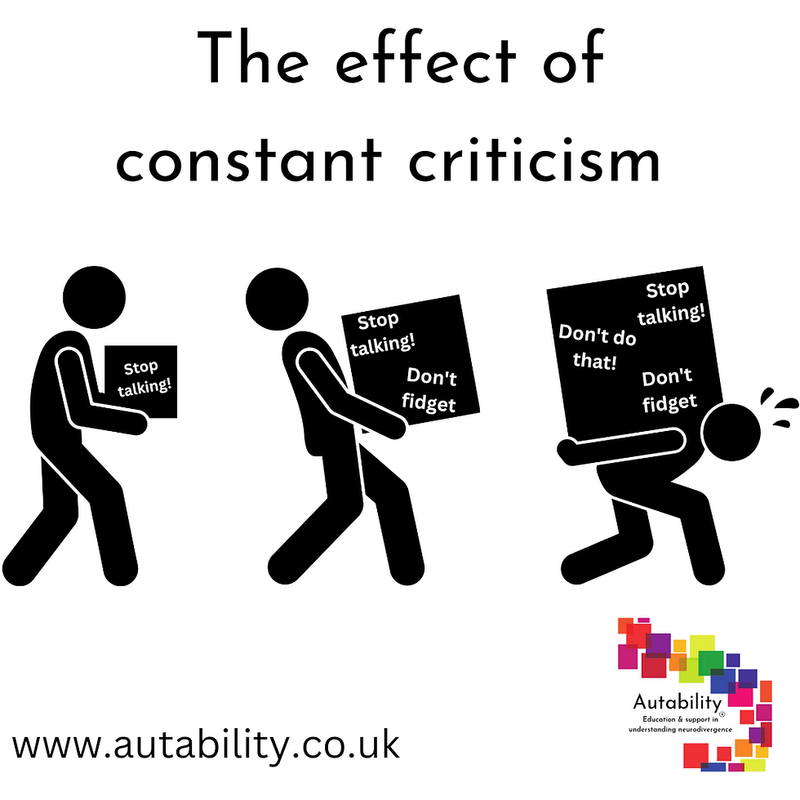Relationships are complex and require constant nurturing to thrive. However, even the strongest bonds can start to show cracks if left unattended. Recognizing early warning signs that your relationship might be on the rocks can save you time, heartache, and provide a chance to mend things before they become irreparable.
By paying attention to subtle changes in behavior, communication, and emotional connection, you can address issues head-on. Understanding these signs early on not only helps you gain clarity about your relationship’s future but also empowers you to make informed decisions. Here are seven early signs that your relationship might be falling apart.
1. Constant Criticism

Criticism, when it becomes a daily occurrence, can erode the foundation of any relationship. It often starts subtly, with minor complaints about daily habits or preferences. However, over time, it can escalate into a pattern where one partner feels perpetually judged. This can leave the criticized partner feeling belittled and inadequate.
Unlike constructive feedback, constant criticism lacks positivity and undermines self-esteem. It is crucial to differentiate between expressing concerns and attacking a partner’s character. Focusing on behaviors rather than personal traits helps keep communication healthy. Addressing criticism early can prevent long-lasting emotional scars.
2. Lack of Communication

When conversations become superficial, it is a red flag. Communication is not just about talking but also about understanding and connecting. When partners stop sharing their thoughts and feelings, the emotional distance grows wider.
Over time, this lack of communication can lead to misunderstandings and resentment. It is essential to actively listen and engage with each other daily. Small conversations can bridge the gap and rebuild intimacy. Encouraging open dialogue fosters trust and prevents the further widening of emotional gaps.
3. Emotional Withdrawal

When one partner starts to emotionally withdraw, it creates a void. Emotional withdrawal can manifest as a lack of enthusiasm or interest in shared activities. This withdrawal is often a protective mechanism in response to unresolved conflicts or stress.
Without emotional presence, the relationship lacks depth and connection. Reaching out and addressing underlying issues can encourage reconnection. Sharing feelings and validating each other’s emotions rebuilds trust. It is important to acknowledge and address emotional withdrawal before it becomes habitual.
4. Avoidance of Conflict

Avoiding conflict might seem peaceful, but it often indicates deeper issues. When disagreements are consistently swept under the rug, it leads to unresolved resentments. Partners may begin to avoid confrontation to maintain superficial harmony.
However, this avoidance can build a pressure cooker environment, where small issues eventually explode. Constructive conflict resolution is vital for growth and understanding. Addressing problems openly and honestly keeps the relationship dynamic and prevents stagnation.
5. Loss of Affection

A noticeable decline in affection can indicate underlying relational issues. Physical touch, such as hugs and kisses, is a primary way to express love and connection. When these gestures become scarce, the relationship may feel cold and distant.
Loss of affection often reflects emotional disconnection or unresolved conflicts. It is crucial to find ways to reconnect physically and emotionally. Simple acts of affection can rekindle the warmth and intimacy that keep relationships vibrant. Prioritizing each other’s needs helps restore closeness.
6. Increased Secrecy

Secrecy can undermine trust and lead to suspicion. When partners start hiding aspects of their life, it signals a breach in openness and transparency. Increased privacy around phones, emails, or whereabouts can be alarming.
This secrecy often stems from fear of judgment or desire for independence. For a healthy relationship, it is essential to balance privacy with transparency. Encouraging open communication and trust-building activities can alleviate suspicions. Addressing secrecy head-on prevents further erosion of trust.
7. Disinterest in Future Plans

When one or both partners lose interest in planning a future together, it signals disconnection. Future plans, whether vacations or life milestones, reflect shared goals and dreams. A lack of enthusiasm can suggest uncertainty about the relationship’s longevity.
Discussing future aspirations helps align goals and maintain a sense of unity. Re-evaluating shared dreams and aspirations can reignite commitment. It is vital to ensure both partners feel valued and heard in future planning discussions. Ignoring this can lead to drifting apart.

Well, hello there!
My name is Jennifer. Besides being an orthodontist, I am a mother to 3 playful boys. In this motherhood journey, I can say I will never know everything. That’s why I always strive to read a lot, and that’s why I started writing about all the smithereens I came across so that you can have everything in one place! Enjoy and stay positive; you’ve got this!

